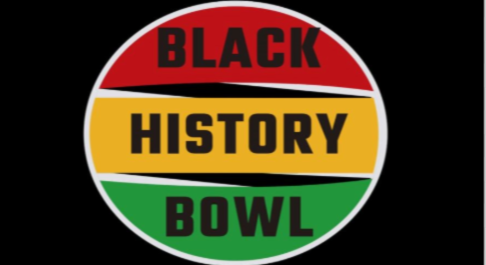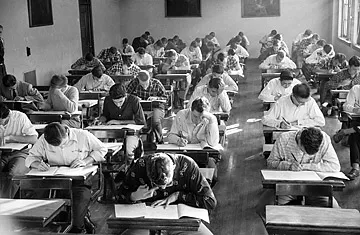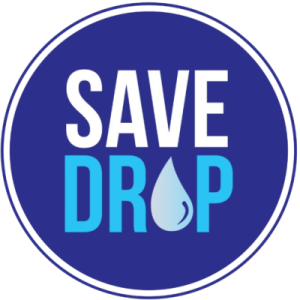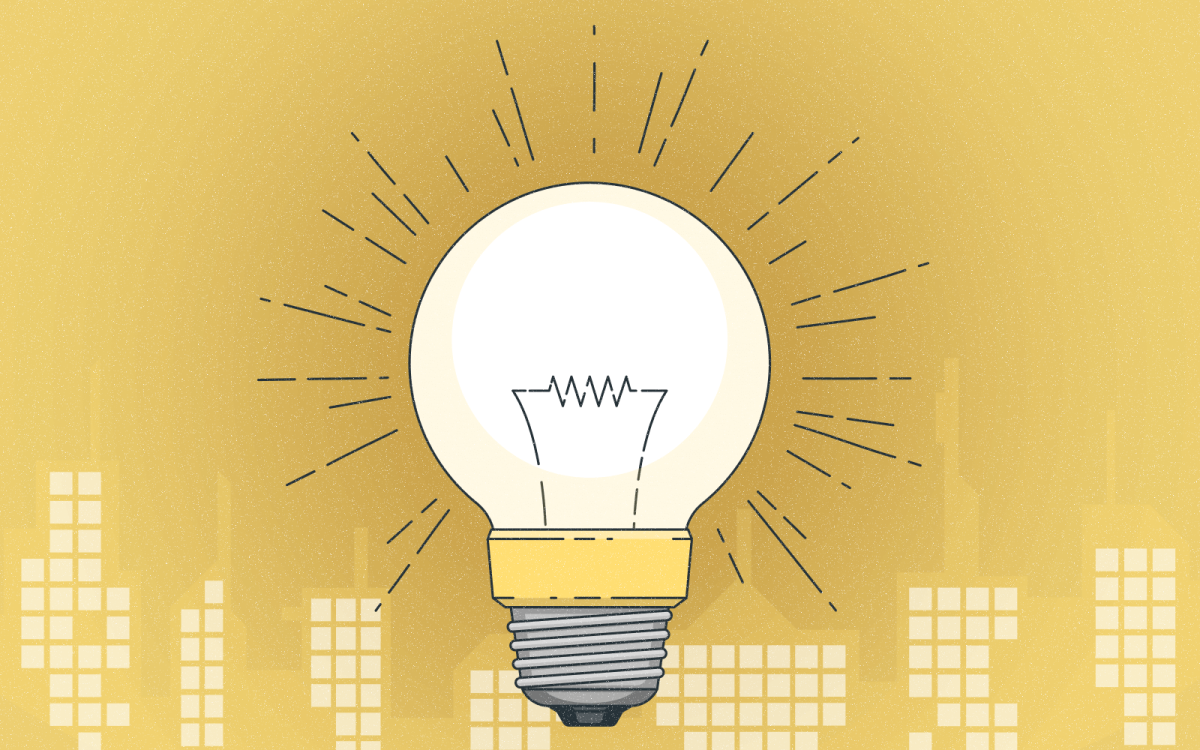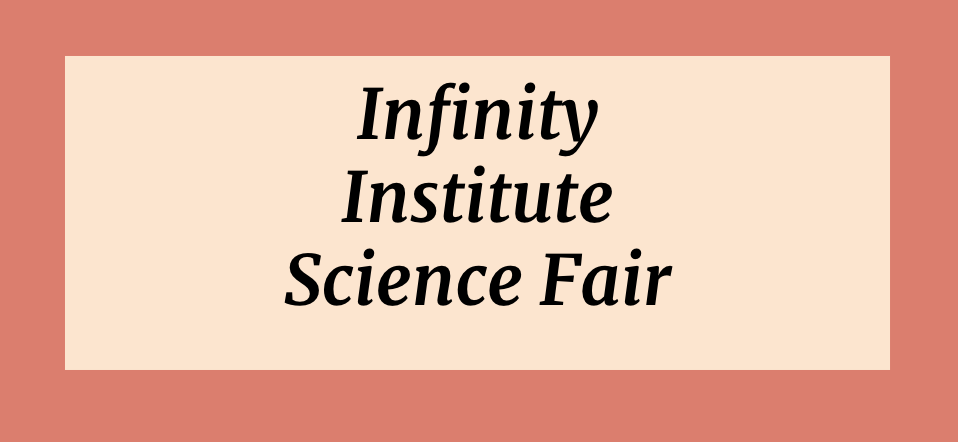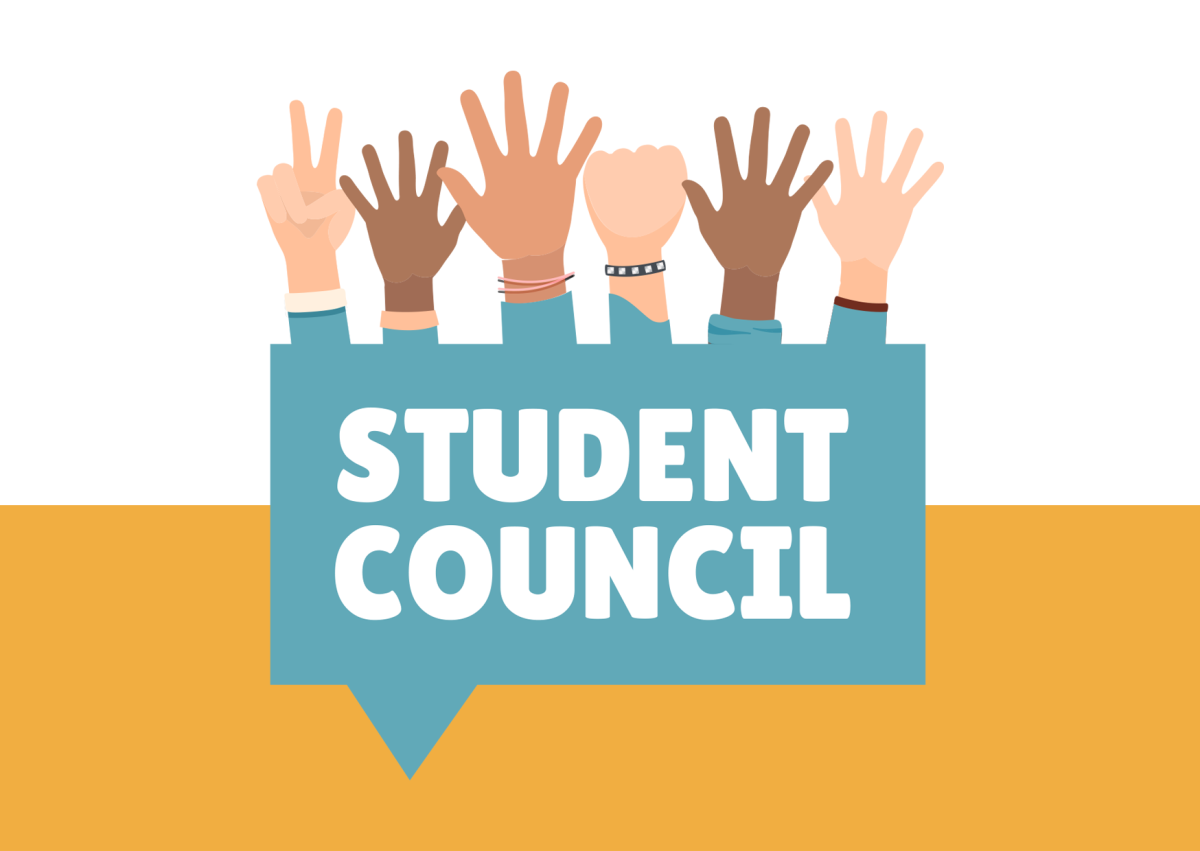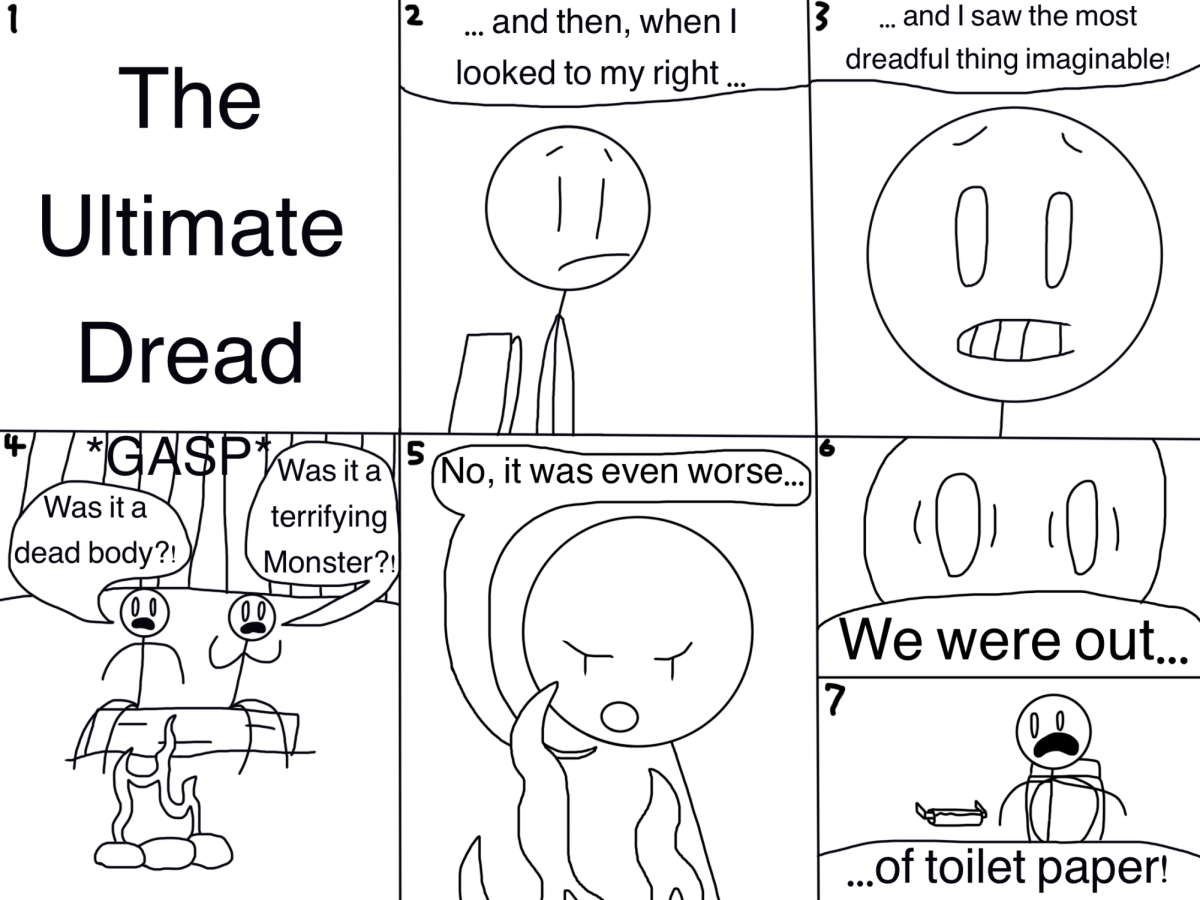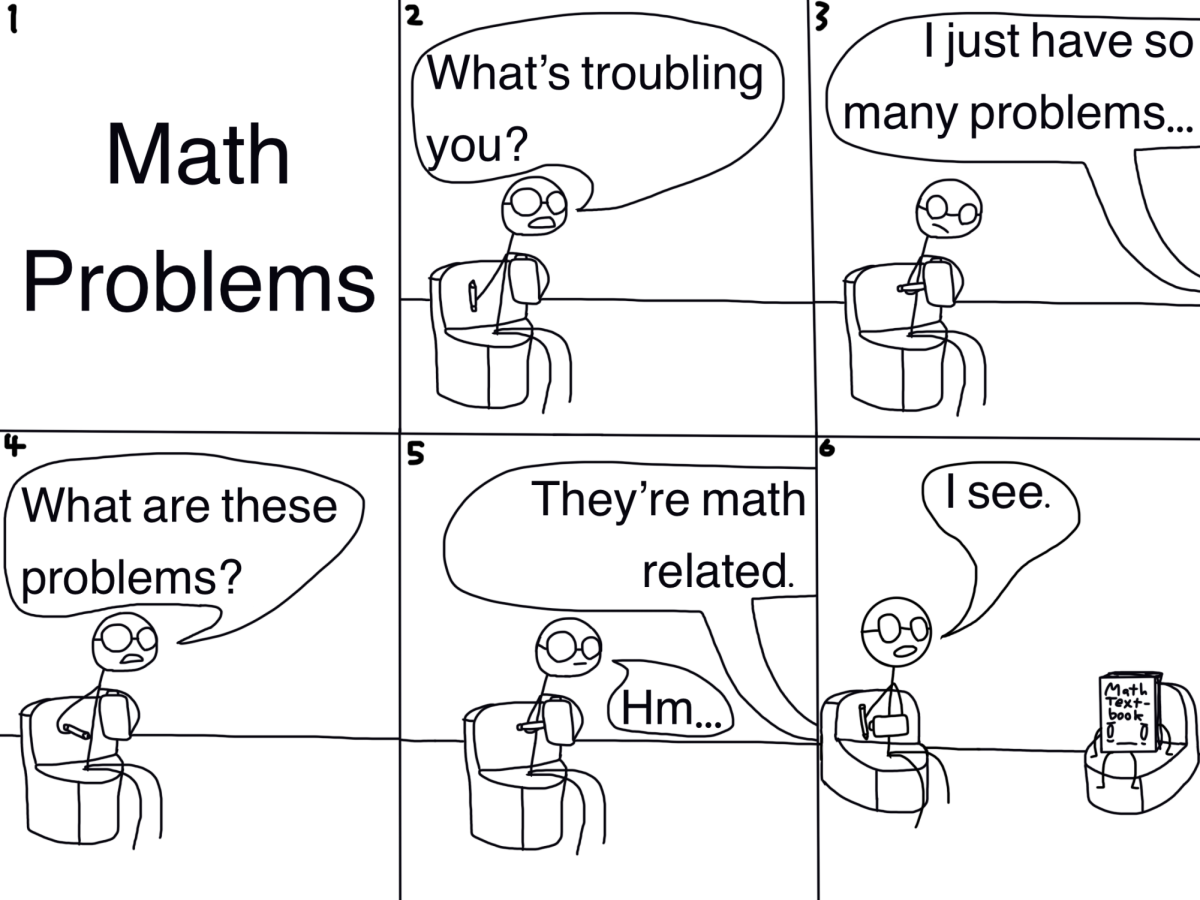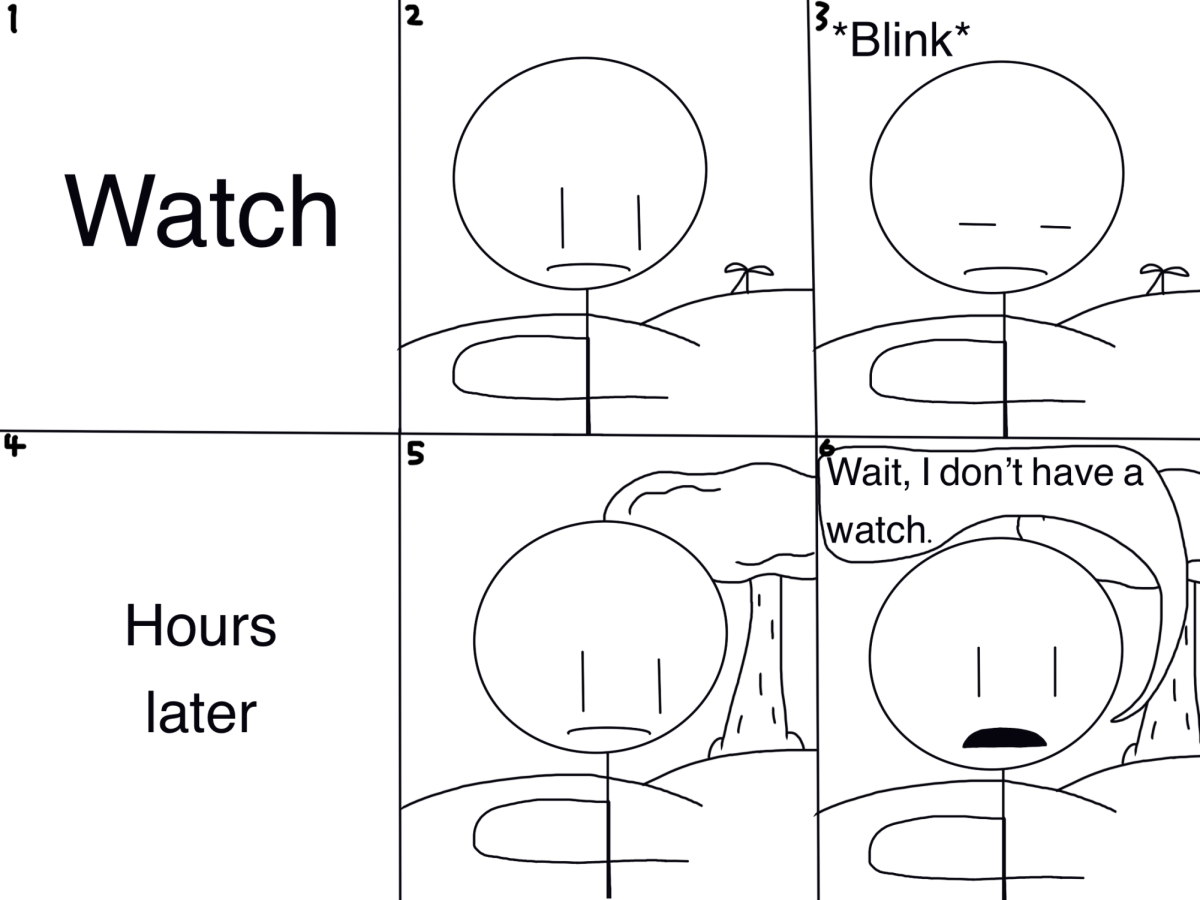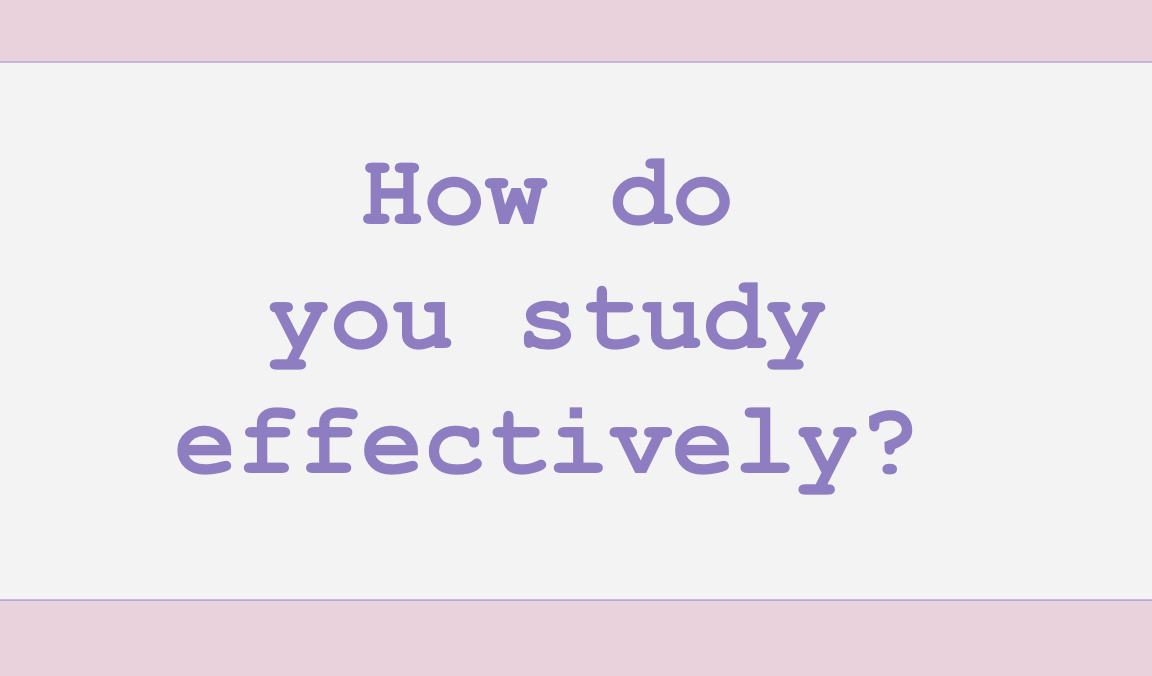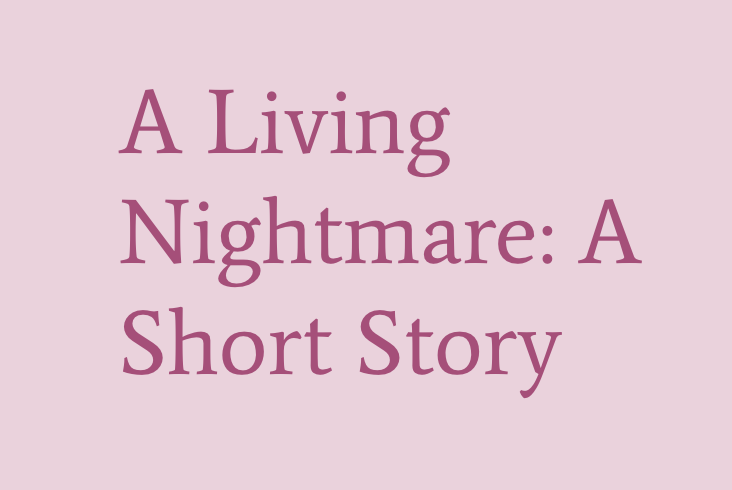How Do You Study Effectively?
Overview
We’ve all been there. Cramming in information for the test you didn’t know you had, where somehow none of your friends seemed to talk about it. At least I have. But how do you study effectively? Like without taking too much time, yet also retaining enough information to help you pass your test? Are there habits you need to build, or just a few rules and study techniques you should follow every now and then?
The first section of this article will be about studying for a test one to two weeks ahead. The second section will be about preparing a few days ahead. The last section will be about studying the night before the test or in the morning right before the school day. All of which are situations I have been in. Sadly.
Studying One to Two Weeks before the test
Though it may not sound like it, studying two weeks before a test is the perfect time to start revising the information you had learned without making test anxiety and stress have much of an impact on your mental health. It’s best to do this, because you’ll only have to be studying for about twenty to thirty minutes a day, depending on the difficulty level of your test. If it’s like a read and response writing test, it’s best to study for it for a total of two to three hours. It may seem like a lot of study time, but in reality when you prepare more, it’ll be easier for you to write the test. Especially if the stress you face at the moment affects your test scores.
When you study, it’s important to note that quality always comes before quantity. This means that somebody who studied for like five hours the day before the test might do worse than somebody who studied for ten minutes a day for a week. This means that the way you study is important, and the way you acknowledge the importance of repetition is critical as well.
Tips:
- Think about how important your test really is.
- Think about how much time it’ll take to study for it, not depending on how much time you have to prepare.
- Create a study schedule and time every day just for the test. In a few days, your brain will know when it’s time to study for the test and when it’s time to do work for other classes.
- Revise. You’ll automatically know what to do after you’ve revised the same process only once a day, because you have time to do it. Review what you learn every day.
- Actually understand the formulas and such for getting a solution, since you have the time to do it instead of just revising. Look up extra problems or equations to complete online to prepare you for the test.
Studying a Few Days Before the Test
Studying a few days before the test should only be done when the test isn’t too difficult, and only requires review and revision on the material/past lessons. Or when it doesn’t require solutions/ideas to be made, or something that requires creative and critical thinking.
Tips:
- Think about the importance of the test, and then get straight to studying.
- Revision is very important, and you may want to review little by little, like reviewing a set of lessons a day until the day of the test.
- Revise right before you go to sleep. Studies show that people retain more information when they study something right before they go to bed.
Studying the day before the test, or the day of the test
Why would you do this to yourself-
No matter how ‘easy’ the test is, you should never study the day of the test. You need at least two days, or two study periods to study for an exam. The first day should involve you re-learning the material with a fresh mind and the second day should involve you reviewing the material.
But here are a few tips on how to study according to the situation you’ve put yourself in.
- Revise, revise, revise. Don’t stress too much.
- Don’t review every part of every lesson, just the parts that you think are the most useful.
- Make quick flashcards.
- Sleep well. Don’t study all night, this decreases the quality of your study time. And you need energy to do your test well.
My last and most important tip is to listen in class and ask questions if you have any. You’ll save yourself a lot of time and effort instead of looking up youtube videos and what not. And chances are, a lot of students while learning a lesson have the same questions you do.






